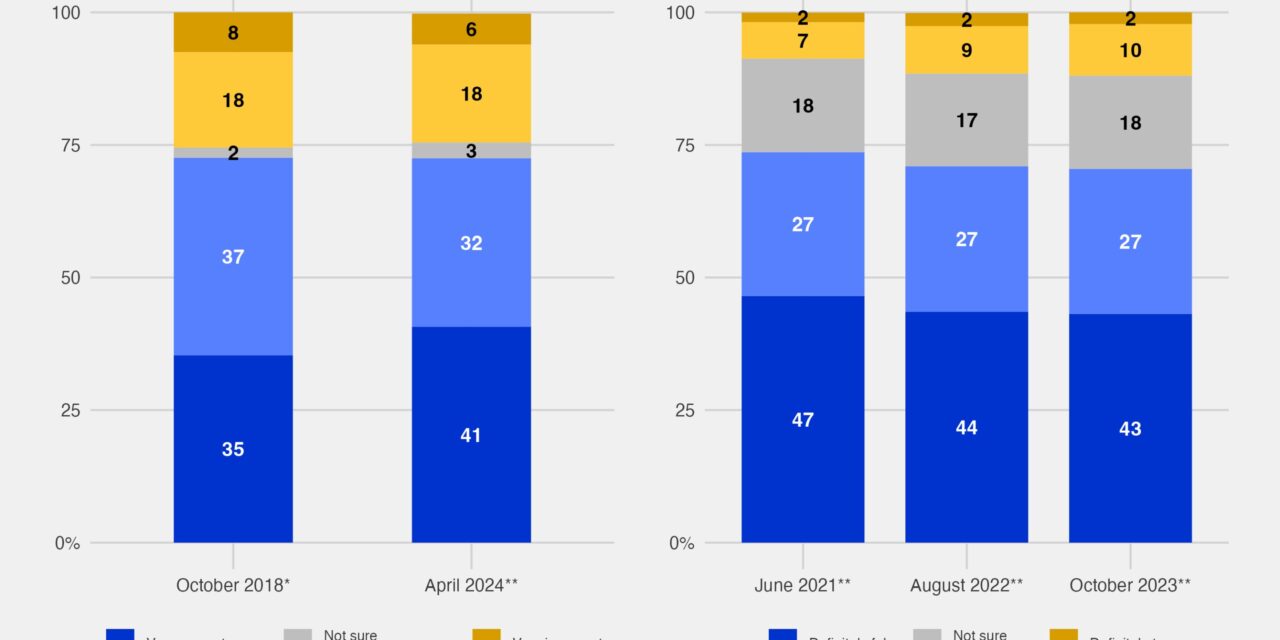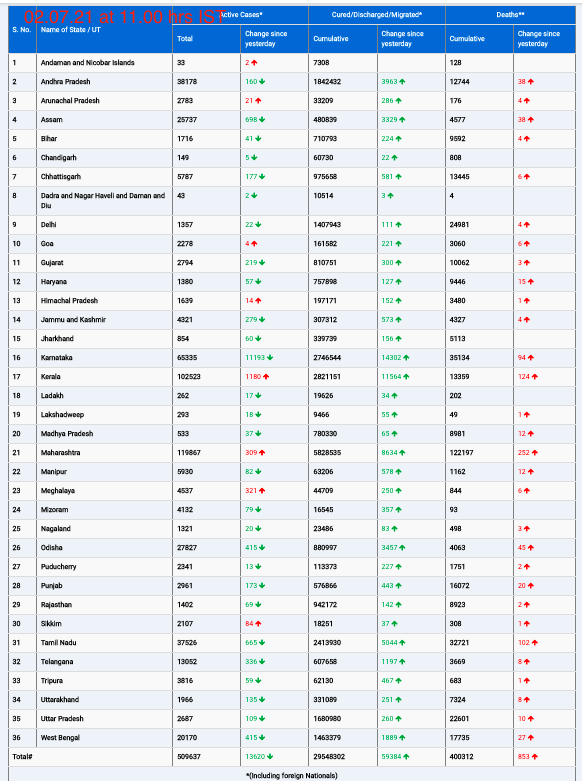As measles cases surge across the United States, accompanied by declining vaccination rates, a concerning trend emerges: a significant portion of adults remain misinformed about the safety of the MMR (measles, mumps, rubella) vaccine. A recent survey conducted by the Annenberg Public Policy Center reveals that a quarter of U.S. adults are unaware that claims linking the MMR vaccine to autism have been conclusively debunked.
Despite clear statements from the Centers for Disease Control and Prevention (CDC) that there is no scientific evidence linking the MMR vaccine to autism, 24% of adults either believe this misinformation to be true or are unsure about its validity. This misinformation, initially propagated by discredited research in a 1998 Lancet paper, continues to influence public perception.
Kathleen Hall Jamieson, director of the Annenberg Public Policy Center, expressed concern over the persistence of this false belief, noting its broader implications on public health. “The belief that the MMR vaccine causes autism not only affects measles vaccination rates but also contributes to general vaccine hesitancy,” Jamieson stated.
The survey, conducted in April 2024 and involving over 1,500 U.S. adults, also highlighted gaps in knowledge about measles transmission and vaccination recommendations. Despite efforts to educate the public, including extensive CDC guidelines, a substantial portion of respondents remained misinformed about measles transmission routes and the safety of the MMR vaccine during pregnancy.
The increase in measles cases underscores the urgency of addressing vaccine misinformation. According to CDC reports, there have been 146 confirmed measles cases in the U.S. so far in 2024, marking a significant rise compared to previous years. Most cases occurred in unvaccinated individuals or those with unknown vaccination status.
Public health experts emphasize the importance of accurate information dissemination and targeted education campaigns to combat vaccine misinformation. The findings from this survey highlight the critical need for ongoing public health efforts to ensure accurate understanding and acceptance of vaccines, crucial in preventing the resurgence of preventable diseases like measles.
The Annenberg Public Policy Center continues to monitor public attitudes and knowledge regarding vaccination through its ongoing surveys, aiming to inform evidence-based public health strategies and policies.
This article serves as a reminder of the ongoing challenges in public health communication and the importance of addressing misinformation to safeguard community health.












